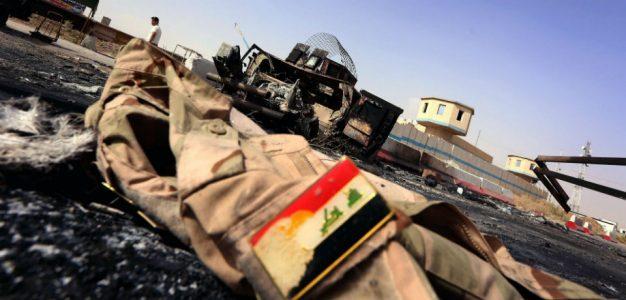
Six months after ISIS life is returning to Mosul despite hidden bomb threats
Mosul’s Al Qasoor Water Treatment Plant is on the eastern bank of the Tigris River which bisects the city that was, until about six months ago, one of the last strongholds of the Islamic State of Iraq and the Level (ISIL).
The water treatment facility – which looks from the air like two dark-green turn tables – today holds about 12,000 cubic metres of fresh water pumping to 300,000 people in 24 neighbourhoods; but shortly after ISIL fell, no one wanted to go near the site for fear that it was riddled with explosives.
“The explosive contamination [in Iraq] is very extensive. It is on an industrial scale,” Pehr Lodhammar, Senior Programme Manager for United Nations Mine Action Service (UNMAS), told UN News by phone from Iraq. “I’ve worked in 14 countries, I’ve worked with this my whole life, but I’ve never seen the complexity or the variety.”
He described improvised explosive devices combined with the ammunition that has been fired but failed to detonate.
“All the improvised explosive devices are with homemade explosives, different types of switches, ranging from pressure plates, anti-lift devices, infrared devices and even remote-control devices,” he said, adding that there are also belts that go on for kilometres with tens of thousands of attached explosives that will set off like dominos.
The water treatment plant was, unlike the hospital in west Mosul or the University of Mosul, without explosives. Once UNMAS confirmed it was safe, the facility was rebuilt – most of the plant’s pumps, valves, switches and control panels were destroyed, as was its chlorination system and filtration pools. It opened this past August.
Despite this danger, life is returning to Mosul and services are being re-established – school classes are resuming, hospitals are starting to treat patients, people play football in open areas.
This return to life was captured through the lens of Javis Yar, a documentary photographer based in the Middle East and on assignment for UNMAS in Mosul.
Source: UN





